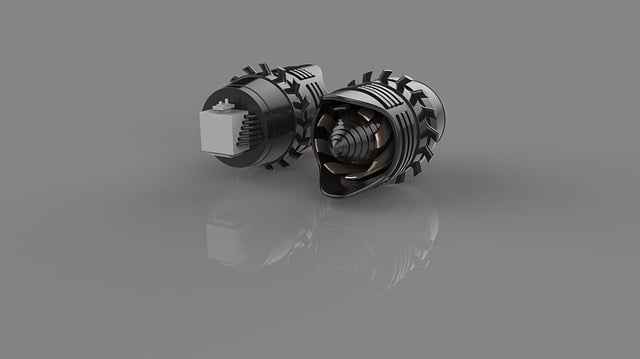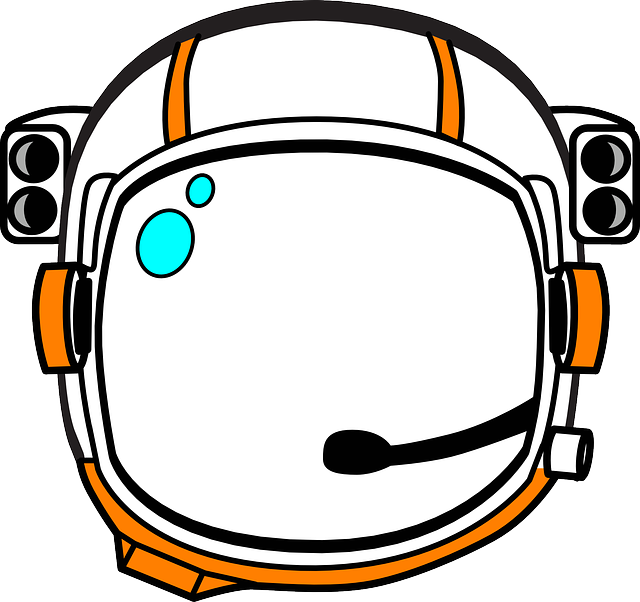To excel in aerospace engineering, prospective students must be well-versed in mathematics, particularly calculus and differential equations, as well as physics, with a focus on mechanics, thermodynamics, and electromagnetism. A strong foundation in computer science is also essential due to its increasing role in the field through software and simulations. Advanced placement or IB courses in these subjects can provide a head start and demonstrate commitment. Supplementing formal education with online resources, real-world projects, internships, and participation in competitive events will refine problem-solving and technical skills, including proficiency in CAD and programming languages like MATLAB or Python. Aspiring engineers should also delve into fluid dynamics, electronics, and control systems to grasp the complexities of propulsion and autonomous systems. Engaging with extracurricular activities, summer programs, and educational content from organizations like NASA will further enrich their understanding and provide practical experience, setting them on a path for success in aerospace engineering studies and beyond.
Embarking on a journey into aerospace engineering is an ambitious endeavor, one that demands a robust foundation in both theory and practice. This comprehensive guide serves as your launchpad into the realm of aerospace studies, outlining the critical skills, courses, and resources you need to master before embarking on this exciting academic pathway. From honing your mathematical and physics acumen to excelling in relevant pre-university courses and developing essential technical skills, we’ll navigate the necessary steps to prepare for a successful future in aerospace engineering. Dive into the essential tips that will set you on a trajectory toward excellence, from high school to university, ensuring you’re well-equipped for the challenges ahead.
- Mastering Mathematics and Physics Foundations
- Excelling in Relevant Pre-University Courses
- Developing Essential Technical Skills
- Utilizing Aerospace Engineering Resources and Courses for Preparation
Mastering Mathematics and Physics Foundations

To lay a robust foundation for aerospace engineering studies, mastery of mathematics and physics is paramount. These subjects form the bedrock upon which more advanced concepts in aerospace are built. Mathematics, particularly calculus, differential equations, linear algebra, and statistics, will be your constant companion throughout your degree. It’s crucial to gain proficiency in these areas early on as they are integral to solving complex problems related to flight dynamics, aerodynamics, and orbital mechanics. Concurrently, a deep understanding of physics—including mechanics, thermodynamics, and electromagnetism—is essential to grasp how objects behave under different conditions and forces, which is critical when designing aircraft, spacecraft, and propulsion systems. Engaging with advanced placement (AP) or International Baccalaureate (IB) courses in high school, or equivalent, can provide a head start. Additionally, leveraging online resources like Khan Academy or MIT OpenCourseWare for self-study can be highly beneficial. Practicing problem-solving skills through past exam papers and participating in math and science clubs or competitions will further hone your abilities. By focusing on these areas before starting your degree, you’ll ensure that you’re well-prepared to tackle the rigorous demands of aerospace engineering with confidence.
Excelling in Relevant Pre-University Courses

To excel in relevant pre-university courses paving the way for a degree in aerospace engineering, it’s crucial to develop a strong foundation in mathematics and physics, as these subjects form the backbone of the discipline. Courses such as calculus, differential equations, linear algebra, and physics are particularly important as they provide the necessary tools to understand the principles governing flight dynamics, aerodynamics, and spacecraft design. Additionally, familiarity with computer science and programming can be advantageous, given the increasing role of software and simulations in aerospace engineering. Engaging with advanced placement (AP) or international baccalaureate (IB) courses that align with these subjects can offer a head start and demonstrate your commitment to potential university admissions officers.
Beyond academic coursework, cultivating critical thinking and problem-solving skills through real-world projects, internships, or science fairs can also be beneficial. Participating in math, science, and engineering competitions or clubs can sharpen your abilities and give you practical experience. Furthermore, developing proficiency in technical drawing and computer-aided design (CAD) software will equip you with the skills necessary to visualize and articulate aerospace concepts effectively. Utilizing online resources such as open educational platforms, MOOCs, or interactive simulations can complement your learning and provide additional exposure to the principles of aerodynamics, propulsion systems, and orbital mechanics. These preparatory steps will not only enhance your readiness for university-level study but also position you to thrive in the demanding field of aerospace engineering.
Developing Essential Technical Skills

To lay a robust foundation for your future in aerospace engineering, it’s crucial to develop a suite of technical skills that will be instrumental throughout your studies and career. These skills encompass a blend of mathematics, physics, computer science, and an understanding of materials and their properties. Mathematics, particularly calculus and differential equations, forms the backbone of aerodynamics and orbital mechanics. Familiarity with software such as MATLAB or Python for numerical simulations, CAD tools like SolidWorks or AutoCAD for design and modeling, and programming languages will be invaluable in analyzing data and simulating complex systems.
In addition to these, a sound grasp of thermodynamics and fluid dynamics is essential to understand the principles governing the propulsion systems and aircraft performance. A solid foundation in electronics and control systems is also necessary, given the increasing importance of avionics and autonomous systems in modern aerospace applications. To complement these technical skills, engagement with real-world problems through projects, internships, or participation in competitive events such as rocket competitions can provide practical experience and enhance your understanding. Engaging with resources like online courses, textbooks, and simulations will further prepare you for the rigorous demands of aerospace engineering studies.
Utilizing Aerospace Engineering Resources and Courses for Preparation

To effectively prepare for a degree in Aerospace Engineering, it is beneficial to engage with resources and courses that provide a foundational understanding of both the theoretical and practical aspects of the field. High school students can start by exploring introductory courses in physics, mathematics, and computer science, as these subjects form the core of aerospace engineering principles. Online platforms such as Khan Academy, Coursera, and edX offer free courses that cover essential topics like aerodynamics, orbital mechanics, and thermodynamics. Additionally, engaging with materials from NASA’s educational section or attending local science and engineering fairs can spark interest and provide hands-on experience.
For a more immersive approach, students should consider participating in Model Rocketry, Unmanned Aerial Vehicle (UAV) clubs, or robotics teams. These extracurricular activities not only sharpen technical skills but also encourage teamwork, problem-solving, and critical thinking—skills that are indispensable in the aerospace field. Furthermore, summer programs at universities or organizations like the Aerospace Corporation can offer intensive learning experiences and exposure to state-of-the-art facilities and research projects. These opportunities allow students to network with professionals, gain insight into current industry challenges, and even contribute to real-world projects, laying a solid foundation for their future studies in aerospace engineering.
Embarking on a degree in aerospace engineering is an ambitious endeavor that demands a solid foundation of knowledge and skills. This article has outlined ten pivotal tips designed to prepare you effectively, emphasizing the importance of mastering mathematics and physics, excelling in relevant pre-university courses, and developing essential technical skills. Additionally, it has highlighted valuable resources and courses that can facilitate your journey into this fascinating field. By following these guidelines from high school to university transition, you’ll be well-positioned to tackle the complexities of aerospace engineering with confidence. Remember to stay curious, persistent, and engaged with the material; these traits are as crucial as any academic preparation in navigating the challenges ahead. Good luck on your aerospace engineering journey!



